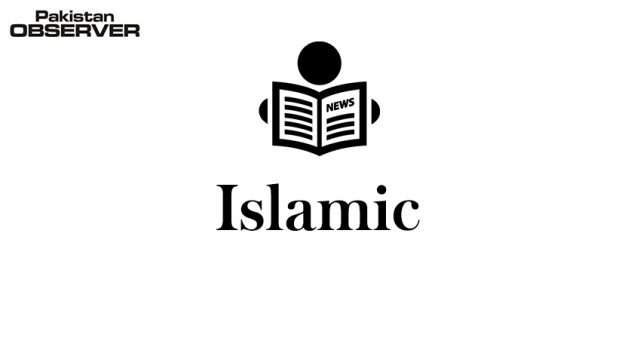Jeddah
The poaching of experienced Malaysian Islamic bankers especially by GCC financial institutions over the last year or so has precipitated calls by top Malaysian bankers for the government to extend the same tax benefits offered to Malaysian Islamic bankers returning home from overseas to those working in Malaysia.
In April this year, Bank Negara Malaysia, the central bank, stepped in to stem the tide of the brain drain from the Malaysian Islamic banking sector. According to Bank Negara, any bank that poaches the staff of another bank must pay the equivalent of six months salary to a special central banking staff training fund. This provision previously applied only to the conventional banking sector, but the Malaysian central bank has now extended this to the Islamic banking sector, which employs just under 10,000 bankers.
Islamic bankers stress that for the year before this provision was introduced, it was mayhem in the market, like a “merry-go-round” with CEOs and senior executives moving from one institution to another. The situation has slowed down a bit in the domestic market. Globally, of course the Islamic banking sector is faced with a severe human resource shortage, especially experienced middle and senior management.
Saudi Arabia’s Al-Bilad Bank, according to one Malaysian banking source, alone recruited 10 Malaysian Islamic bankers, while Riyad Bank is also recruiting. “Malaysians are going to the GCC in droves,” stressed Badlisyah Abdul Ghani, CEO of CIMB Islamic Bank. “I have a hard time retaining my staff. Everyday they are getting offers from GCC banks. The only reason I can keep them here is because CIMB Islamic Bank has been very successful, and people like to be associated with a successful institution. Fortunately, the market is awashed with deals at the moment. But once these deals start to run out as competition grows, how does this bank start to compete?”
Kuala Lumpur has provided tax incentives for those Malaysians working in an Islamic bank or window who have gone overseas to come back to Malaysia. “I am calling for the equalization of tax treatment whether you are a Malaysian working for an Islamic bank overseas or committed to develop the industry in Malaysia,” Abdul Ghani said. He wants the government to give the same tax incentives to all Malaysian Islamic bankers whether abroad or at home to “prevent the leakage of Malaysian human resource talent in the Islamic banking industry abroad. I don’t want a situation where in five years many of the experienced Malaysian Islamic bankers are working in Dubai, Bahrain, Qatar, Kuwait and Saudi Arabia, and those left behind in Malaysia are, in general, inexperienced.”
Abdul Ghani regretted two developments that have been introduced into the Malaysian market from overseas. One is the CEO merry-go-round, which he said, is a negative development. The other is foreign CEOs who are employed by Malaysian Islamic banks who start dismantling the infrastructure of the bank, because the individual believes that GCC Shariah compliance is more serene.
One such Malaysian Islamic bank has been doing Al-Bai Bithaman Ajil (BBA) (deferred payment) mortgages and financing for years and has invested and built up the full infrastructure for the product. Yet the CEO came in and dismantled the entire structure at a stroke. “The danger is that value is destroyed.
—Arab News










